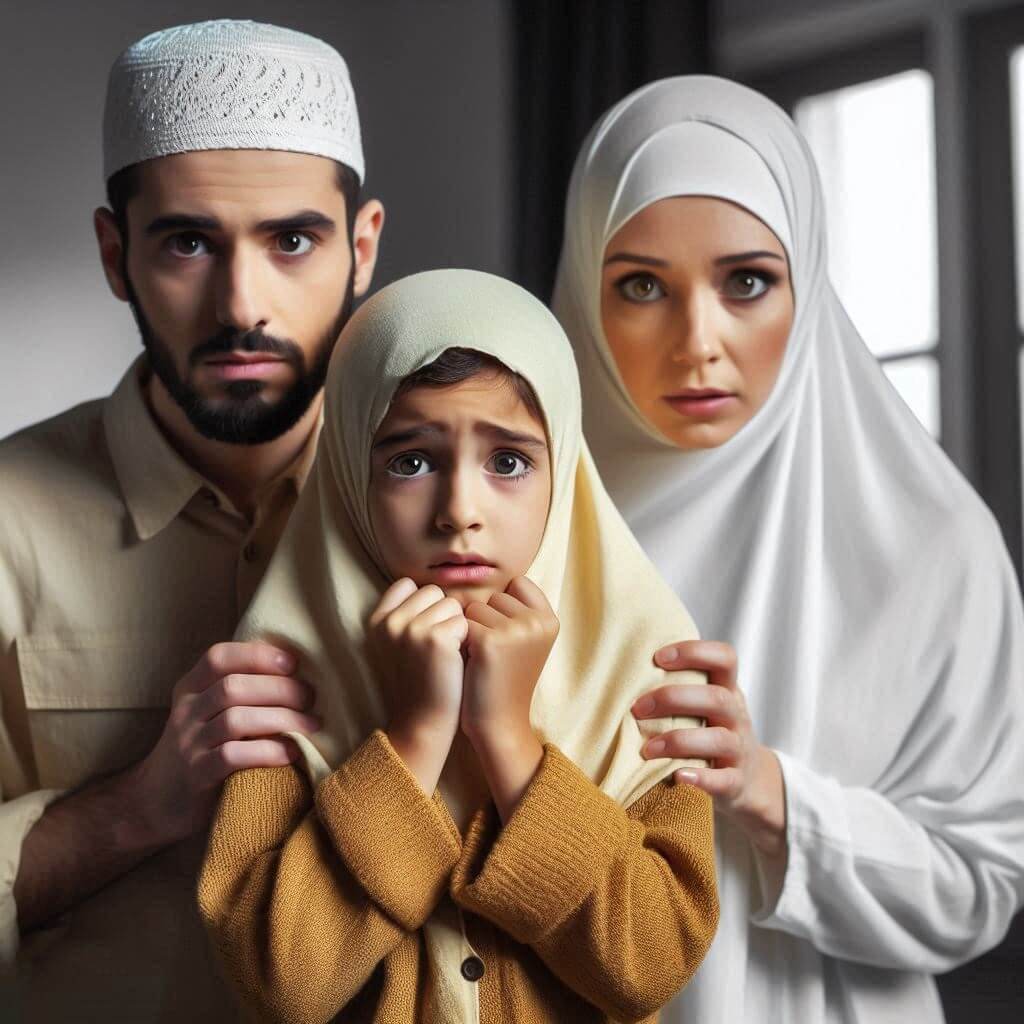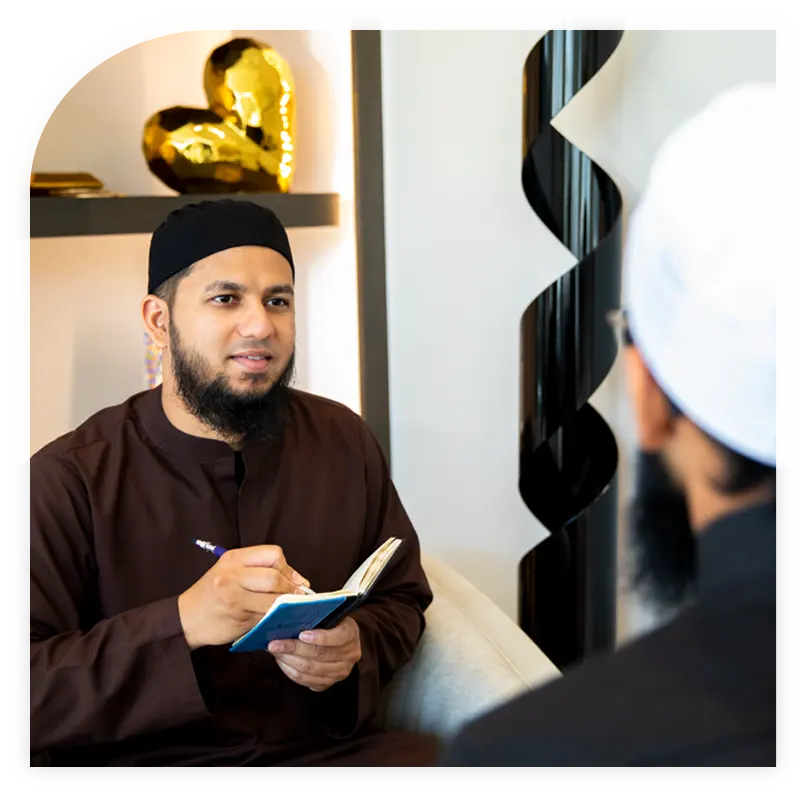Many adult children carry the heavy burden of their childhood trauma, shaping their futures in ways often unseen by the world. Traumas embed deep within their memory, lingering beneath the surface for years, making it difficult to escape their influence. Every child’s experience is unique; while some may face neglect, others might endure emotional, physical, or verbal abuse. These early traumas often leave lasting emotional scars, which, if left unaddressed, can profoundly affect their ability to form healthy relationships, maintain mental stability, or shape their self-image.
What is Childhood Trauma?
Childhood trauma refers to distressing or deeply unsettling events that occur during a child’s formative years. Such experiences may include:
- Physical, emotional, or sexual abuse
- Witnessing violence
- Experiencing the death of a loved one
- Facing neglect
When trauma is left unaddressed, it can severely impact one’s ability to navigate life, manifesting difficulty forming trusting relationships, persistent anxiety, emotional detachment, and recurring traumatic memories. Many people struggle with a fear of abandonment or being alone, making it crucial to address these deep-rooted wounds. This is where individual coaching proves essential.
The Power of Individual Coaching:
Individual coaching offers a personalized, solution-focused approach to helping individuals confront and heal their trauma. Unlike traditional therapy, coaching emphasizes practical strategies that empower individuals to move forward and grow. With proper guidance, trauma survivors can shift from pain to healing, reclaiming their sense of self-worth and emotional balance.
Coaching provides personalized attention explicitly designed for an individual’s unique experiences and needs. It equips individuals with tools for emotional regulation and offers strategies to manage anxiety and stress. Muslim therapists can also incorporate faith-based healing into the process, merging spiritual and psychological support for a more holistic approach.
Online coaching also adopts a goal-oriented approach, helping individuals focus on personal achievements and gain self-awareness. This process helps individuals recognize how past traumas shaped their behaviors, allowing them to break unhealthy emotional patterns developed as coping mechanisms.
Quranic Guidance for Healing:
Islam provides spiritual guidance for those who suffer, and the Quran offers verses of comfort and encouragement. These teachings can play a vital role in trauma healing by providing emotional and spiritual support. Three powerful Quranic verses that can guide individuals on their healing journey include:
وَإِذَا مَرِضْتُ فَهُوَ يَشْفِينِ
“And when I am ill, it is He who cures me.”
(Surah Ash-Shu’ara, 26:80)
This verse reminds individuals that true physical or emotional healing comes from Allah.
إِنَّ مَعَ الْعُسْرِ يُسْرًا
“Indeed, with hardship comes ease.”
(Surah Ash-Sharh, 94:6)
A reminder that even in times of suffering, Allah promises relief and ease will follow.
وَمَن يَتَّقِ اللَّهَ يَجْعَل لَّهُ مَخْرَجًا
“And whoever fears Allah – He will make for him a way out.”
(Surah At-Talaq, 65:2)
This verse offers hope, reminding individuals that with faith and patience, Allah will provide a way out of their difficulties.
Why Choose a Muslim Therapist?
Choosing a Muslim therapist ensures that the healing process integrates both cultural and religious values. Trauma is deeply personal, and the healing journey can be more meaningful when approached from an Islamic perspective. Muslim therapists blend the teachings of the Quran and Sunnah with psychological strategies, creating a space where emotional and spiritual healing intersect.
This approach means individuals receive spiritual and emotional support, using Quranic verses and duas as sources of comfort. Muslim therapists are also sensitive to cultural and societal factors that contribute to emotional distress, ensuring the healing process resonates on a deeper level.

The Physical Impact of Trauma:
Trauma doesn’t only affect the mind but also the body. Studies show that individuals who experience childhood trauma are at greater risk for chronic illnesses such as heart disease, diabetes, and autoimmune disorders. Trauma disrupts the body’s stress response system, leading to long-term health complications. Through individual coaching, individuals can work towards emotional regulation, which also positively impacts their physical health.
FAQs
What is the difference between therapy and individual coaching when it comes to trauma?
Therapy often focuses on diagnosing and treating mental health disorders, while coaching is more goal-oriented and emphasizes practical strategies for moving forward.
Can childhood trauma truly be healed?
Yes, with the proper support and guidance, childhood trauma can be healed. Individual coaching provides the tools to confront and process trauma, helping individuals achieve emotional freedom.
How long does it take to see results from coaching?
The time varies depending on the individual. Some may experience progress within a few sessions, while others may require extended support for deeper traumas.
What are the costs associated with individual coaching?
Costs vary, but Ihsan Coaching offers affordable packages with different options to ensure accessible trauma healing.

How Ihsan Coaching Can Help:
Ihsan Coaching specializes in faith-based, personalized individual coaching to help individuals heal from childhood trauma. Our Muslim coaches understand the emotional, psychological, and spiritual dimensions of trauma, allowing them to offer a practical healing experience. Our approach integrates Islamic values with emotional healing, providing continuous support and guidance throughout your journey.
We are committed to helping you break free from the emotional burdens of childhood trauma and achieve long-term healing. Take the first step today with Ihsan Coaching, where your faith and emotional well-being come together.

